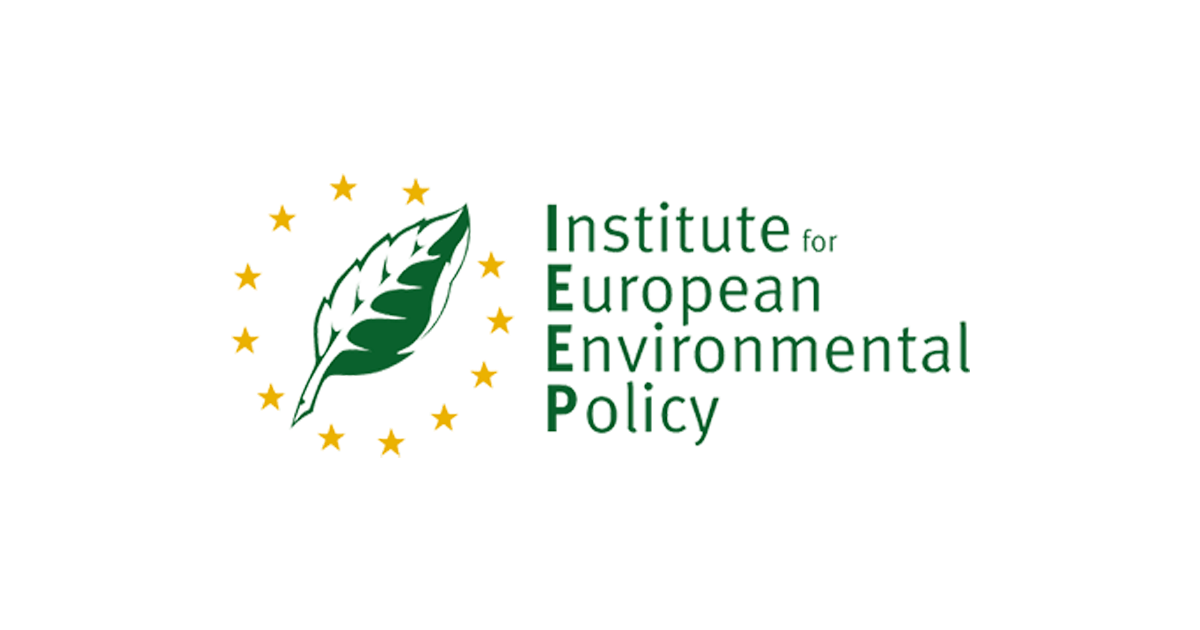The issue of marine litter has been gathering increasing attention due to the discovery of great oceanic ‘garbage patches’ and a growing awareness of the ubiquitous nature of plastics and micro-plastics in the marine environment and marine species.
A new book, ‘Marine Anthropogenic Litter’, has just been published summarising over five decades of research concerning litter in the world’s oceans. The book, published by Springer International and edited by Melanie Bergmann and Lars Gutow (Alfred Wegener Institute) and Michael Klages (University of Gothenburg), is essential reading for academics, scientists, policy-makers, NGOs and individuals interested in the topic.
‘Marine Anthropogenic Litter’ includes 16 chapters covering aspects including: the amount of litter in the world’s oceans; impacts on marine wildlife and human health; sources, detection and consequences of micro-plastics; the range of national and international policy responses; and the contribution of citizen scientists to monitoring marine litter.
IEEP’s Stephanie Newman, Emma Watkins, Andrew Farmer, Patrick ten Brink and Jean-Pierre Schweitzer authored a chapter on the economic impacts of marine litter, which looks at the difficulties in estimating its economic costs, outlines which sectors experience notable costs, and considers policy instruments – including economic instruments – which can contribute to reducing those costs.
As well as being available to purchase in hard copy, the entire book is available online for free as an Open Access publication. The IEEP chapter, ‘The Economics of Marine Litter’, can also be downloaded below.
IEEP is currently in the early stages of a study for UNEP on the socio-economic impacts of marine litter, due to conclude in late 2015/early 2016. We would be happy to hear about any interesting socio-economic assessments or case studies from across the globe: please contact Emma Watkins or Patrick ten Brink.


